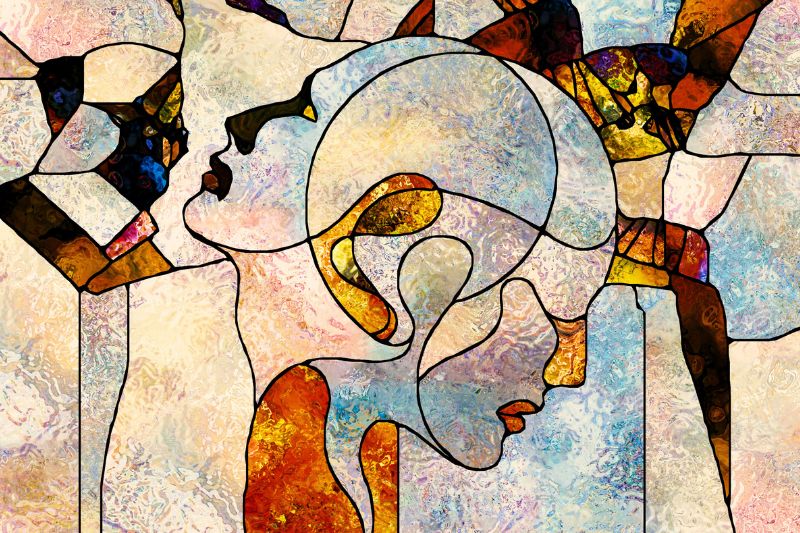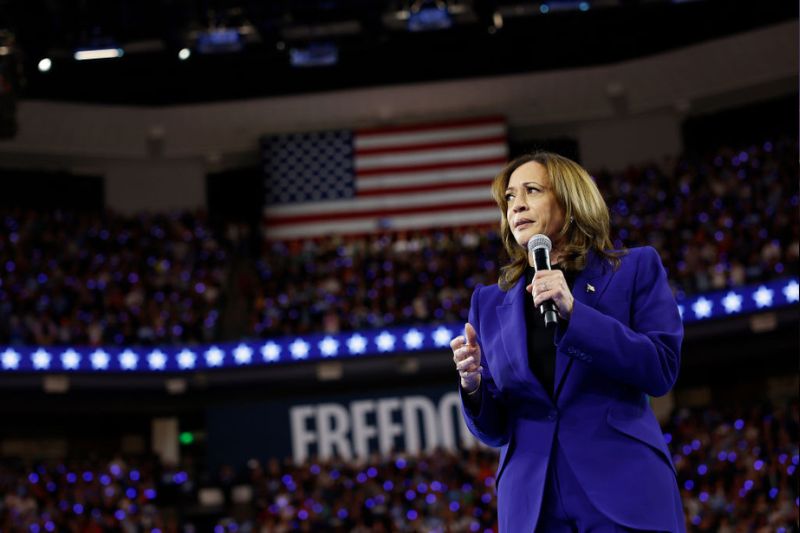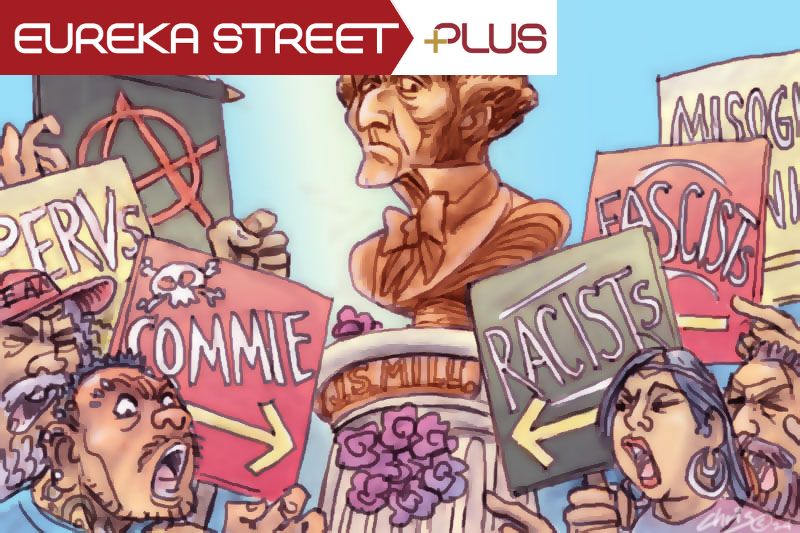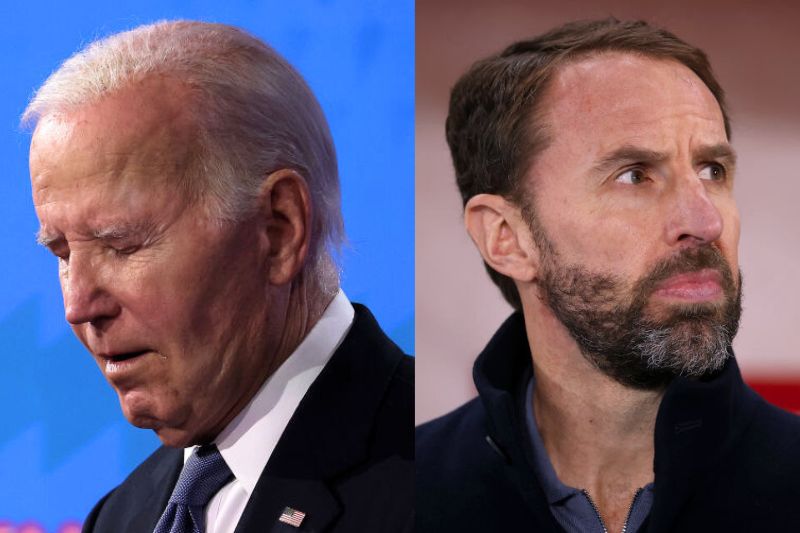Keywords: Freedom Of Speech
-

AUSTRALIA
- Andrew Hamilton
- 13 March 2025
What feels like turbulence in the present often reveals itself, in hindsight, as the rupture of an era. From the fall of Rome to the upheavals of today, are we witnessing mere disruption, or the twilight of an old order?
READ MORE
-

RELIGION
- John Warhurst
- 07 November 2024
14 Comments
The Catholic Church recently displayed two strikingly different faces. In Rome, the Synod on Synodality wrapped up with a facade of unity. But back in Melbourne, a Catholic University’s graduation became a battleground over church doctrine and free speech, exposing deep, unresolved fractures within the church.
READ MORE
-

AUSTRALIA
- Frank Brennan
- 25 September 2024
3 Comments
The Government is making another valiant effort to rein in the adverse effects of ungoverned digital platforms. But in debating such a detailed bill without the backstop of a constitutional or statutory bill of rights recognising the right to freedom of expression, there are no clear guard rails for getting the balance right.
READ MORE
-

INTERNATIONAL
- Sarah Klenbort
- 21 August 2024
2 Comments
For a nation ‘conceived in liberty’, much of how this U.S. election will play out will hinge on different understandings of the word ‘freedom’, a term that has two distinct and separate meanings depending on whether the person you’re asking votes red or blue.
READ MORE
-

AUSTRALIA
- Russell Blackford
- 09 August 2024
2 Comments
Once the backbone of Western democracy, the philosophy championing free speech, tolerance, and civil political discourse is often reviled by those on both the Left and Right. In our desire for justice and meaning, is there a need to rediscover the principles that have long fostered human flourishing?
READ MORE 
-

MEDIA
- Andrew Hamilton
- 25 July 2024
1 Comment
Recent media pressure led to two high profile resignations. Joe Biden, after resisting pressure to do so, has abandoned his re-election bid and English professional football manager Gareth Southgate resigned. The part played by the media merits reflection on the human vulnerability of persons in public life and of those involved in reporting on it.
READ MORE